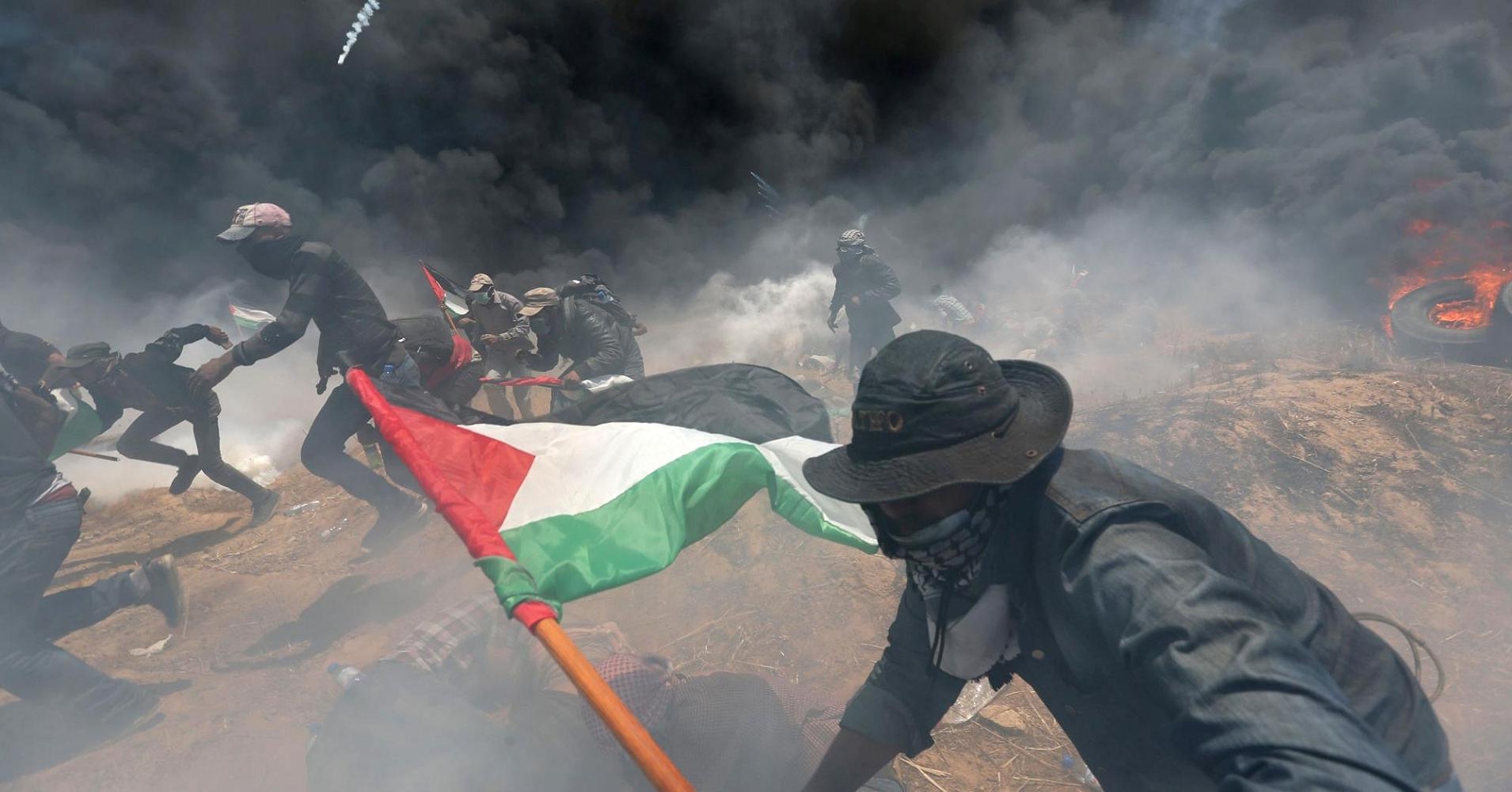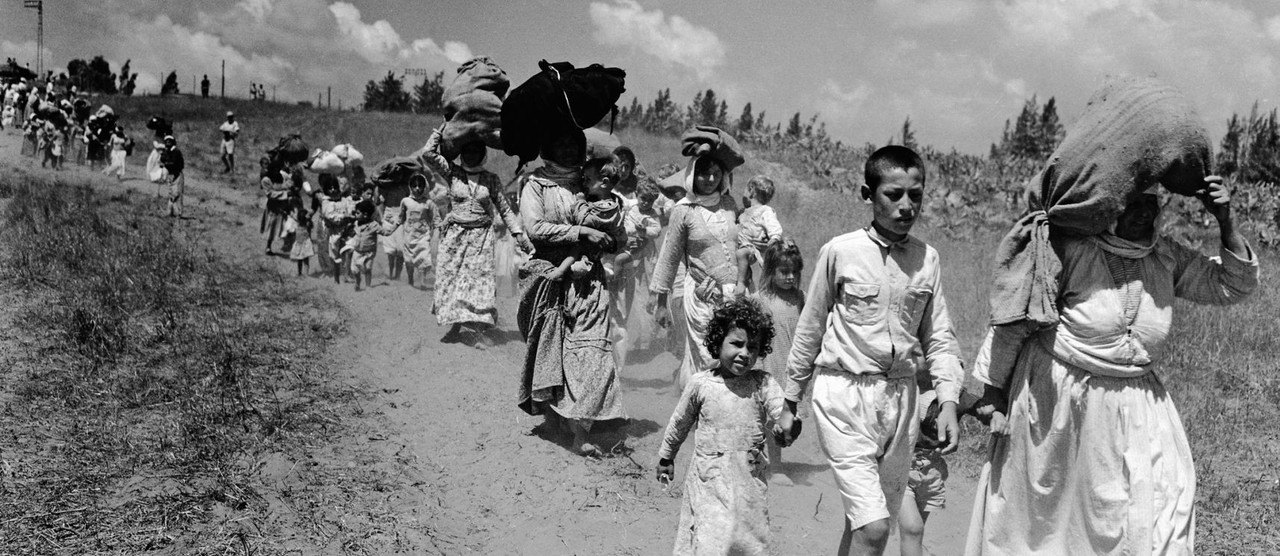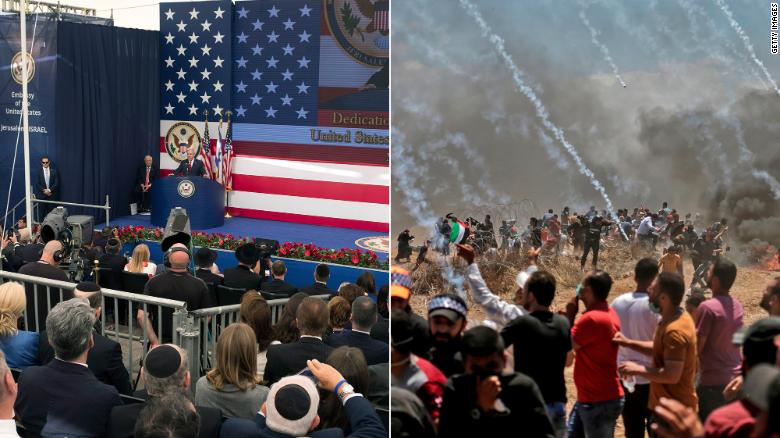
 60 protesters killed in Gaza
60 protesters killed in Gaza
Tuesday 15th May 2018 | Jake
70 years after what Palestinians refer to as the Nakba, or the day of the catastrophe, unrest has boiled over after a series of protests and killings following the opening of a US embassy in Jerusalem.
Back in 1947, the UN proposed splitting Palestine into separate states for the Jewish and Arabic populations, with an internationally controlled zone around Jerusalem. Although the Zionists that had been moving in droves to Palestine accepted it, the Arabic Palestinians rejected it, and unease erupted into war.
750,000 Palestinians lost their homes and land following an intense war, referred to by Jewish Israelis as the War of Independence, which they declared on May 14th of 1948. The country’s Arabic population had halved and surrendered control of the land to the Zionists.

Since that date, a number of wars and riots have broken out, but the state of Israel has remained and Palestinians have seen what little territory they have shrink. Protests are almost constant in Gaza and the West Bank, intensifying as significant acts occur or dates commemorated.
The latest of which occurred this week as a US delegation that involved Ivanka Trump officially opened the new US embassy in Jerusalem. Arabs view Jerusalem as the capital of Palestine and Israel has avoided housing embassies in the city. However, Donald Trump signalled his intention to move the embassy there, a move heavily criticised internationally, and the embassy was opened on the 14th of May 2018.

Mass protests were held by Palestinians in Gaza and the West Bank and the Israeli reply was ruthless. 60 Palestinians, none armed with weaponry, save for some holding slingshots, were gunned down by the Israeli Defence Force.
Michael Lynk, the independent expert reporting to the UN’s Human Rights Council called the heavy-handed approach “an eye for an eyelash,” and called for “true accountability for those in military and political command who have ordered or allowed this force to be once again employed.”
On the day Palestinians sombrely remember the Nakba, and come to terms with a new US embassy in Jerusalem, they will be feeling as stateless, isolated and traumatised as ever.
